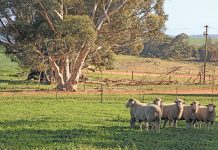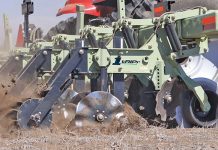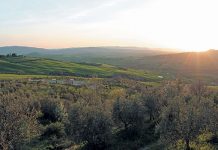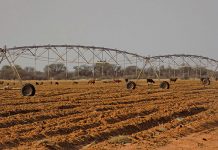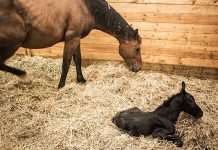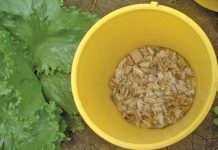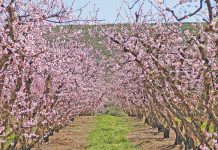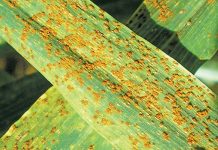The ‘profit-for-purpose’ empowerment model
A new empowerment model championed by a Limpopo-based farming company, Schoonbee Landgoed, and Thebe Investment Corporation aims to establish long-term partnerships between white commercial farmers and black institutional investors while helping new-entrant farmers achieve financial viability, writes Gert Schoonbee.
Breeding fuss-free Mutton Merino sheep
The changing climate and rising input costs are forcing farmers to find innovative ways to remain economically viable. Hugo Wiehahn, owner of Hugo Wiehahn en Seuns Mutton Merino stud near Caledon, spoke to Glenneis Kriel about how his livestock have helped him achieve this goal.
How to make farming pay with no land of your own
Two postgraduate students from the University of Cape Town are facilitating farming in the heart of the city, yet neither owns a sizeable piece of land. Wandile Tshabe, co-founder of No.Land Farming, spoke to Jeandré van der Walt about their innovative project.
Improve fertiliser placement with strip-tillage
According to Michael Petersen, lead agronomist at US-based Orthman Manufacturing, the main pillars of success for strip-tillage are vertical tillage, residue management, seedbed preparation and fertiliser placement. Stehan Cloete explains the technical aspects of these factors.
Industry leaders wishes for farming in 2020
Wrapping up 2019 and getting ready for 2020, industry leaders in the agriculture sector share some of their wishes for the new year with Farmer’s Weekly.
The secret to successful farming
We have come to the end of a year, as well as the end of a decade, that seems to have tested South African farmers unlike any other.
Agriculture a vital part of the solution to land degradation
The world’s drylands are becoming hotter and drier. Expanding commercial agriculture and investing in sustainable land management practices are two ways in which governmentscan mitigate this form of land degradation, according to the Intergovernmental Panel on Climate Change.
Glanders: what you should know
While glanders is no longer present in South Africa, it is still found in other regions and can be brought back into the country through the importation of equines, says Dr Mac.
Save money on chemicals
Farmers often ask for pest control programmes for their crops. They see them as a form of insurance. Is this justified? In a word, no!
How award-winning broiler producer stayed the course
Bhefika Matshenja of Inhlakanipho Projects and Farms, winner of the Star of Buhle Award for 2019, says that by implementing sound management principles, such as reinvesting profits, he has been able to see his business grow.
How to sell careers in agriculture to millennials
Group manager for assurance services at NWK, 34-year-old Jacqueline Mathews, maintains that South Africa’s agriculture sector needs tech-savvy, curious young people.
Wheat producers, treat fungicides with caution!
South African wheat producers should guard against over-application of fungicide, according to Dr Tarekegn Terefe, senior researcher at ARC-Small Grain, Bethlehem. The unnecessary use of fungicides can harm the environment and result in the emergence of fungicide-resistant strains. Farmers should also rotate between fungicides from different chemical groups, he writes.


